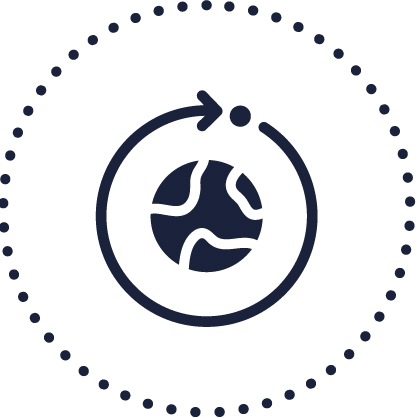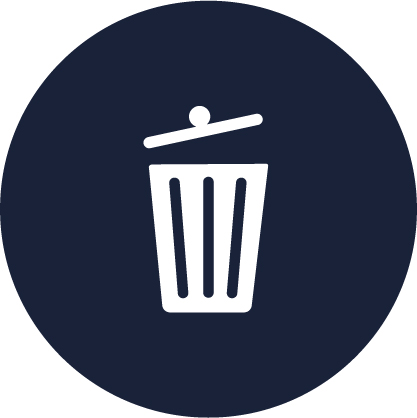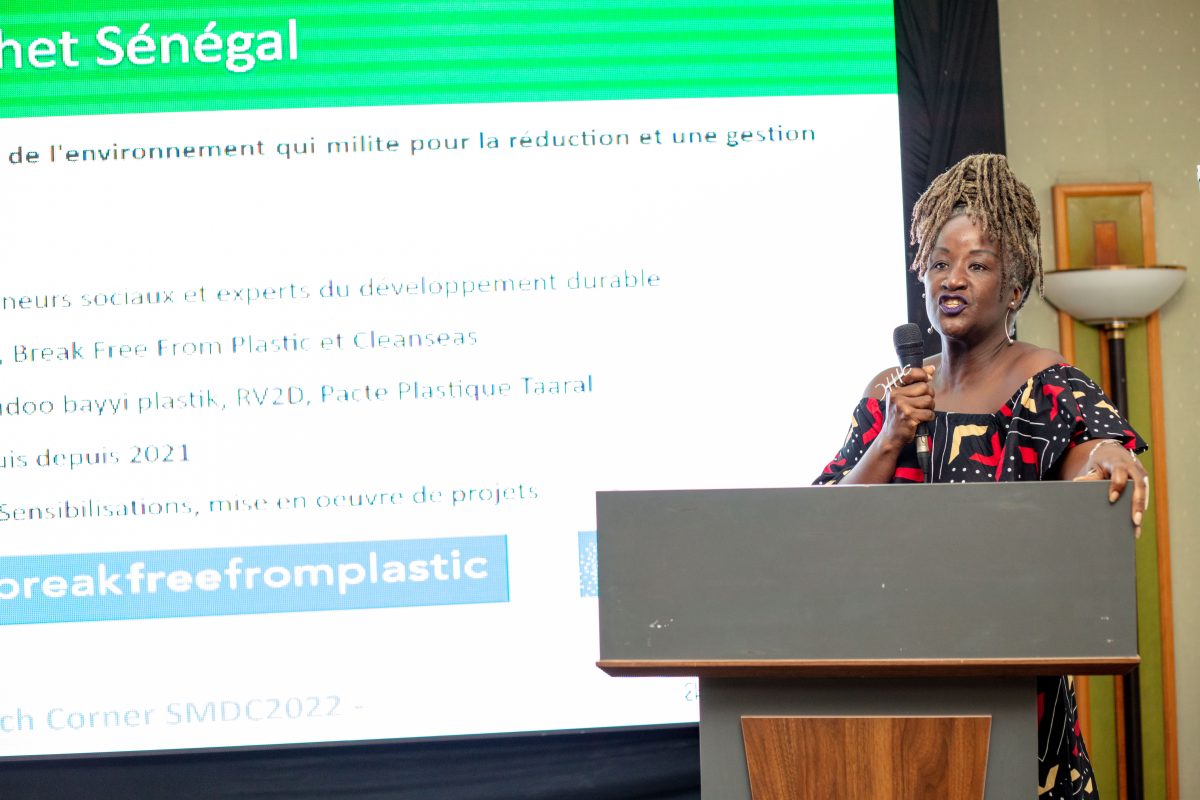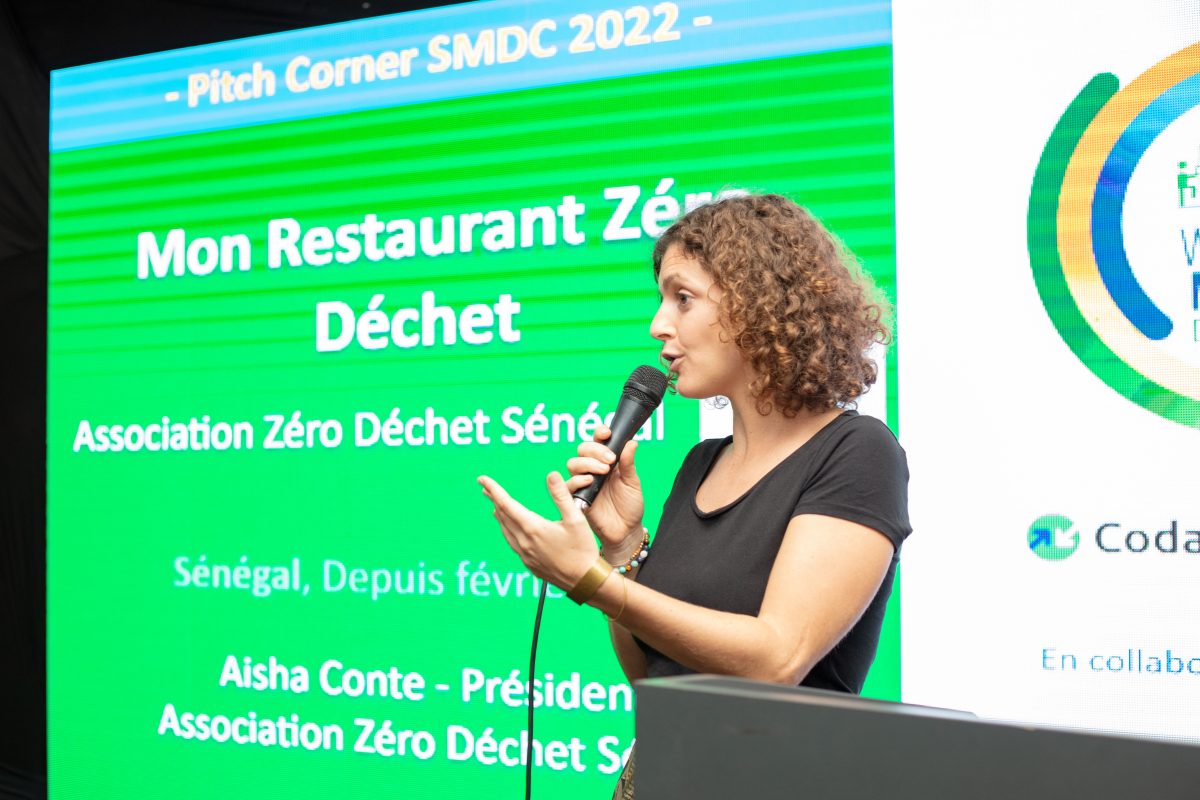My Zero Waste Restaurant
The Zero Waste Senegal Association is a Senegalese association that campaigns for the reduction and more sustainable management of waste in Senegal.
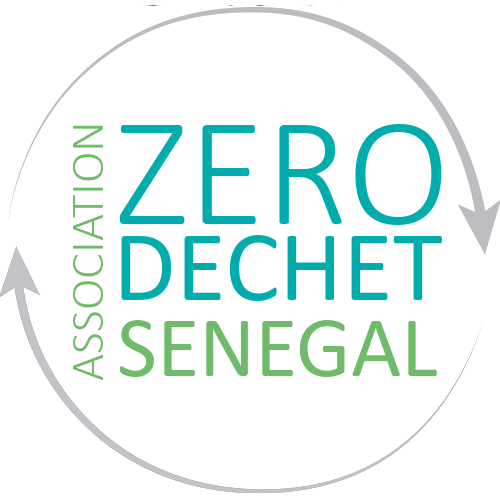
Overview of the project
In 2019, the Zero Waste Association Senegal is accompanying a pilot restaurant in its zero waste transition: the Copacabana Surf Village, in Dakar. The association then realized that raising awareness via restaurants is an interesting strategy because it allows for continuous waste reduction awareness, even without the presence of association members.
Following the measurement of the impact of the Copacabana Zero Waste project, the association realized that the 3 main wastes avoided thanks to this transition were plastic bottles, disposable straws and coffee capsules. The association decided to create 3 labels associated with these wastes in order to spread the approach and engage the maximum number of restaurants. Each restaurant can commit itself at its own pace and obtain one or several labels.
These labels have a double function:
- to raise awareness among the restaurant owner, employees, suppliers and customers of the restaurant as well as nearby restaurants
- to considerably reduce the amount of waste produced by these large consumers due to the nature of their service.
Tools are available to restaurants to facilitate and accompany the transition:
- a dedicated page on the association’s website
Alternative sheets and a supplier database to promote turnkey alternative solutions and help Senegalese restaurants take action. - an impact report on the zero waste transition of the Copacabana Surf Village:
Following their labeling, the restaurants are promoted and highlighted on the association’s website and social networks.
Today, 37 restaurants are labeled in Senegal.
The "My Zero Waste Restaurant" project federates and promotes Senegalese restaurants that are committed to waste reduction through 3 labels (Zero plastic bottles, Zero disposable straws, Zero coffee capsules). The project has 3 objectives: (1) To inform about the impact of the zero waste approach, (2) To support and federate Senegalese restaurants, (3) To raise awareness among the population thanks to the committed restaurants.
Ongoing research
01/02/2021 - project still in progress
- 37 restaurants with one or more labels in 4 regions in Senegal (Dakar, Saint Louis, Thiès / Petite Côte, Fatick / Sine Saloum)
- 56 labels distributed
- 28,702 plastic bottles avoided per year
- 81,094 disposable straws avoided per year
- 13,752 coffee capsules avoided per year
The project makes it possible to raise awareness among the population. Restaurants are places of passage in which awareness is continuous and can reach completely different actors that the association would not necessarily have the opportunity to reach.
The visibility of the label also increases the visibility of the Zero Waste Senegal association, a virtuous circle that multiplies awareness actions throughout Senegal with additional potential active members.
The diffusion of the label leads to a reduction in the amount of waste produced by restaurants in Senegal. This change of habit leads consumers to reflect and adopt another way of consuming thanks to local and affordable alternatives.
In 2021, the association received funding from the Portuguese Embassy to launch the project. In 2022, the association received funding from the Gaia network to relaunch the project in Dakar and launch it in Saint-Louis. The Gaia network has just renewed its support to the association through another funding to work on the perpetuation of the project.
organisation
The Zero Waste Senegal Association is a Senegalese association that campaigns for the reduction and more sustainable management of waste in Senegal.
4 priority actions are carried out:
- (1) Carrying out advocacy campaigns directly impacting waste production (government, communities, civil society),
- (2) Raising awareness and educating on the importance of waste reduction through training (population, teachers, organizations) or through a stand (object-based education) in universities, schools, markets, concerts, etc,
- (3) Implement concrete zero waste transition pilot projects (event, company, restaurant, neighborhood)
- (4) Evaluate and disseminate alternative solutions that contribute to waste reduction

